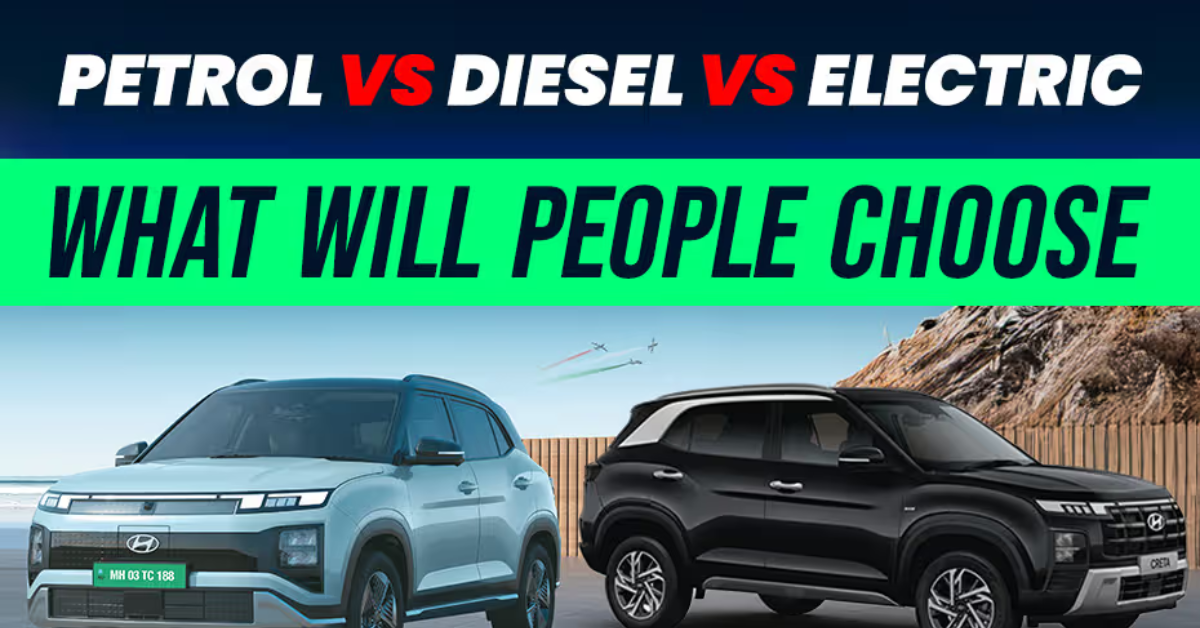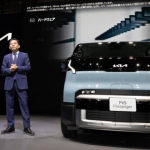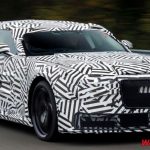In today’s dynamic world, where environmental concerns, fuel efficiency, and long-term savings dominate the conversation, the debate over petrol, diesel, and electric vehicles (EVs) has never been more relevant. Each option offers unique advantages and challenges, making the decision a deeply personal one based on individual priorities and circumstances. Let’s dive into the comparison and understand what might influence people’s choices.
The Legacy of Petrol Vehicles
Advantages
- Wide Availability
Petrol vehicles dominate the market with extensive availability of fueling stations across urban and rural areas. - Smooth Performance
Petrol engines are known for their refined and smooth performance, making them ideal for city driving and shorter commutes. - Lower Initial Costs
Petrol cars typically have lower upfront costs compared to diesel or electric counterparts. - Better Resale Value
Due to their popularity, petrol cars often retain better resale value in the market.
Challenges
- Lower Fuel Efficiency
Petrol engines generally offer lower mileage compared to diesel engines, which can be a disadvantage for frequent long-distance travelers. - Higher Running Costs
Petrol prices are often higher than diesel, leading to increased running costs over time. - Environmental Impact
Higher carbon emissions make petrol vehicles less eco-friendly compared to diesel and electric options.
Diesel Vehicles: The Powerhouses
Advantages
- Higher Fuel Efficiency
Diesel engines are renowned for their superior fuel efficiency, especially for long-distance and highway driving. - More Torque
Diesel vehicles deliver better torque, making them suitable for heavy-duty tasks and rough terrains. - Durability
Diesel engines are robust and tend to have a longer lifespan with proper maintenance.
Challenges
- Higher Initial Cost
Diesel cars are more expensive upfront due to the advanced engineering required for their engines. - Emission Norms and Bans
Stricter emission norms and restrictions in some regions have affected the viability of diesel vehicles. - Higher Maintenance Costs
Diesel engines require more expensive maintenance compared to petrol engines.
Electric Vehicles (EVs): The Future on Wheels
Advantages
- Environmentally Friendly
EVs produce zero tailpipe emissions, making them the most eco-friendly option among the three. - Lower Running Costs
Electricity is cheaper than petrol or diesel, and EVs are more energy-efficient, reducing running costs significantly. - Government Incentives
Many governments offer subsidies, tax benefits, and incentives for EV buyers to promote clean energy. - Innovative Features
Most EVs come equipped with advanced technology, including regenerative braking and smart connectivity features.
Challenges
- Higher Upfront Costs
Despite government incentives, EVs still have higher initial purchase prices compared to petrol and diesel vehicles. - Limited Charging Infrastructure
In many regions, the charging infrastructure is still developing, which can be inconvenient for EV users. - Battery Longevity and Replacement Costs
The lifespan of EV batteries and the high cost of replacement can be a concern for potential buyers.
Key Factors Influencing Consumer Choices
1. Driving Needs
- City Commuters: Petrol cars or compact EVs are more suited for city driving due to smoother performance and ease of maintenance.
- Highway Travelers: Diesel cars with superior mileage and torque are preferred for long-distance drives.
- Eco-Conscious Drivers: EVs are ideal for those looking to reduce their carbon footprint.
2. Cost Considerations
- Initial Costs: Petrol cars are more affordable upfront.
- Running Costs: EVs offer the lowest running costs, while diesel vehicles strike a balance between petrol and EVs.
3. Availability of Infrastructure
- Fueling Stations: Petrol and diesel vehicles have the edge with widespread fuel availability.
- Charging Stations: EV adoption depends on the development of charging networks in a particular region.
4. Environmental Concerns
- EVs emerge as the clear winner for environmentally conscious buyers, while diesel and petrol lag behind due to higher emissions.
5. Resale Value
- While petrol cars currently hold better resale value, the rising demand for EVs might shift this dynamic in the coming years.
Future Trends and Adoption
- Rising Popularity of EVs
Governments worldwide are pushing for a transition to EVs through policies and incentives. The development of better battery technology and charging infrastructure is expected to make EVs more accessible. - Decline of Diesel
With stricter emissions regulations, diesel vehicles are slowly being phased out in several regions. - Hybrid Options
Hybrid vehicles, combining petrol/diesel engines with electric motors, provide a balanced approach for those seeking efficiency and lower emissions without range anxiety.
What Should You Choose?
Petrol
Ideal for buyers seeking an affordable, reliable vehicle for city use and shorter commutes.
Diesel
Best for long-distance travelers or those requiring vehicles for heavy-duty tasks and rural driving.
Electric
Perfect for eco-conscious urban dwellers ready to embrace futuristic technology with lower running costs.

Hello, my name is Muskan Kumari and I am an experienced Digital Marketer. I have been blogging for the last 3 years and I have special interest in SEO. Here I give you easy bikes and writes easy-to-understand reviews and news about the latest bikes, helping readers choose the best options.. My aim is to always provide you with accurate, new and useful information.










